LASIK Alternatives, PRK, RLE, VISIAN ICL™
You Have Options at Sun Laser Vision Center
If you have been imagining a life with less dependence on contact lenses or glasses, it can be disappointing to be told that you are not a candidate for LASIK. However, the road to excellent vision does not stop at LASIK! While it may be a well-known name in vision correction surgery, there are several other types of procedures that are also clinically proven to break free from contact lenses or glasses. At Sun Laser Vision Center with Dr. Michael W. Foote, you have options.
LASIK ALTERNATIVES
At Sun Laser Vision Center with Dr. Michael W. Foote, we offer a range of refractive options for vision correction. Depending on your individual needs and goals, one of these vision correction procedures could be perfect for you:
EVO ICL™
EVO ICL is an Implantable Collamer® Lens that offers many benefits, especially for patients who cannot have LASIK due to a high level of myopia (nearsightedness), thin corneas or dry eye. EVO ICL does not cause Dry Eye Syndrome, which can be a concern with LASIK.[1] Visian ICL also offers UV protection and has a superb patient satisfaction rate.[2] EVO ICL is implanted behind the iris, in front of your eye’s natural lens during an approximate 20–30-minute procedure. You can expect quick vision improvement with minimal recovery time, and you will not be able to see or feel it once it is inserted. Unlike LASIK, which permanently changes the shape of the cornea, EVO ICL is an additive technology that can be removed, if needed. Ideal candidates for EVO ICL are aged 21 to 45 with moderate to severe nearsightedness (prescription between –3D and –20D) and a prescription that has been stable for at least one year. EVO ICL can also treat astigmatism (1.0D and 4.0D). Learn More About EVO ICL at www.sunlaservision.com.
PRK
Photo-Refractive Keratectomy (PRK) is a laser vision correction surgery in which an outer layer of the surface of the eye is removed in order to avoid an incision in the cornea. Like LASIK, a laser is then used to ablate the cornea in order to correct refractive errors. Visual improvement and recovery time may take a bit longer than LASIK or Visian ICL lens implantation procedures but is still a great option for many people. PRK may be an option for patients who cannot have LASIK due to thin corneas but can only correct nearsightedness with a prescription up to -12 D. Ideal candidates for PRK are over 18 and have had a stable prescription for at least one year.
RLE
Refractive Lens Exchange (RLE) is a vision correction surgery in which the eye’s natural lens is replaced with an artificial intraocular lens (IOL), just like cataract surgery. RLE can correct a range of vision errors depending on the type of IOL that is chosen. This procedure is identical to cataract surgery and is typically performed on one eye at a time.
CHOOSING THE RIGHT VISION CORRECTION SURGERY
There are many factors to consider when choosing a vision correction procedure. The best choice for you will depend on your prescription, your lifestyle, and the types of benefits you are seeking. An experienced eye doctor can explain your options and recommend a treatment plan tailored to your needs. Contact us (915)532-3697 with any questions or to schedule an appointment.







